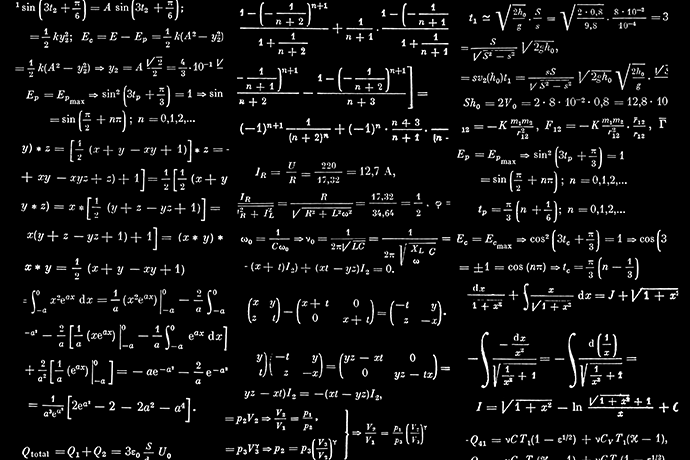Science humbles even the most brilliant people, bringing them to their intellectual knees. Such is the nature of an enterprise that delves into the unknown.
Schwartz’ meeting with his friend inspired an essay: “The importance of stupidity in scientific research,” published in 2008 to the journal Cell Science. In it, he argued why it’s not only okay to feel stupid, but why it’s a necessity.
He began his explanation with a simple and true statement.
“For almost all of us, one of the reasons that we liked science in high school and college is that we were good at it.”
But unfortunately, that leaves aspiring scientists with a specious impression. Because, as most established scientists know, science is not about taking tests or getting correct answers! Even the laboratory work most students perform in high school and college is structured to reach a predetermined end. In research, the conclusion is never known at the outset. Researchers may have a strong inkling what might happen, but they don’t know for certain.
When aspiring scientists reach graduate school and doctoral programs, being correct is no longer the goal. The goal is solving problems. It’s not the same.
“A Ph.D., in which you have to do a research project, is a whole different thing,” Schwartz wrote. “For me, it was a daunting task. How could I possibly frame the questions that would lead to significant discoveries; design and interpret an experiment so that the conclusions were absolutely convincing; foresee difficulties and see ways around them, or, failing that, solve them when they occurred?”
Schwartz’ personal breakthrough came when he realized that nobody, not even the advisors he looked up to, had the answers to his problem.
Science makes everyone feel stupid. That’s okay! – Big Think
https://bigthink.com/thinking/science-makes-everyone-feel-stupid-thats-okay/

